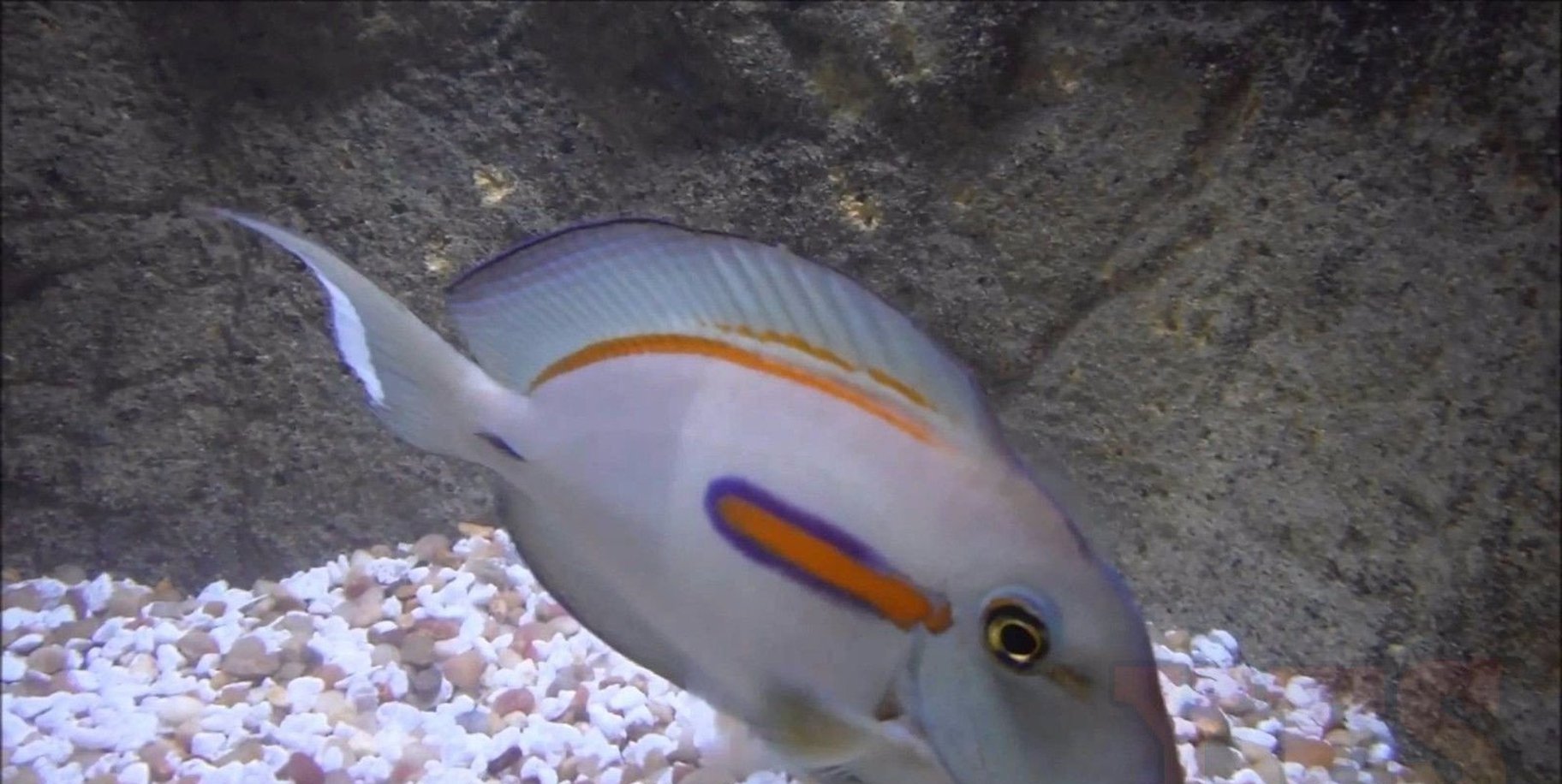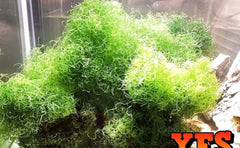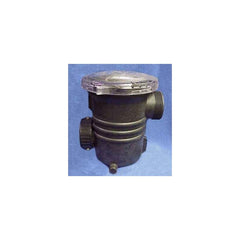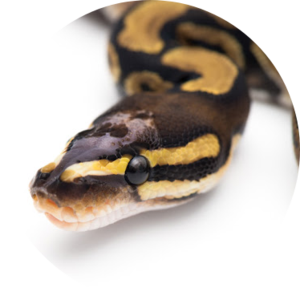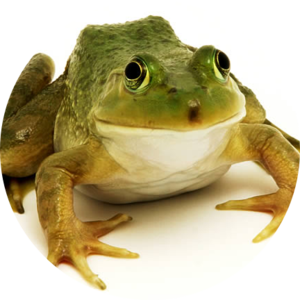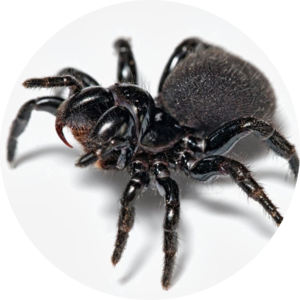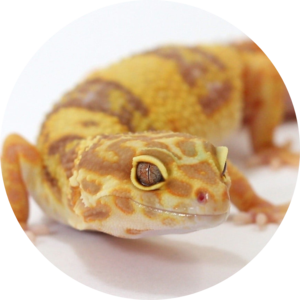Orange Shoulder Tang Fish - Med 3" - 4" Each Saltwater
Ebay
$ 139.53

ORANGE SHOULDER TANG - MED 3" - 4" EACH SALTWATER YOURFISHSTORE - FREE SHIPPING
Minimum Tank Size: 100 gallons
Care Level: Moderate
Temperament: Semi-aggressive
Reef Compatible: Yes
Water Conditions: 72-78° F, dKH 8-12, pH 8.1-8.4, sg 1.020-1.025
The Orange Shoulder Tang photos you usually see are of adult specimens. The Orange Shoulder Tang is an interesting fish for the tang lovers out there. As juveniles they are yellow and lack the signature orange shoulder! They develop the orange spot as they mature. Prices range from around $25 for small (1 - 2 inches) to over $100 for larger (5 - 8 inches) specimens.
Food wise, the Orange Shoulder Tang needs and eats lots of algae. Make sure to incorporate nori, spirulina and/or dried marine origin algae into their diet. Algae growing on the sand and live rock may not be enough. They will graze the sand surface and rock eating diatoms and detritus.
Like all tangs, the Orange Shoulder Tang is no exception with needing lots of swimming room. Given it's adult size of 14 inches (35 cm) we are talking at least a 125 gallon tank or larger! Please don't cramp these tangs into smaller setups.
Is it reef safe? It may be considered reef safe and shouldn't pick at corals, clams or any other invertebrates in the tank. They may get aggressive with other tangs, so it's advisable to thoroughly research this fish as well as any other fish you are planning on putting in your tank before buying! For best results only keep one of these Orange Shoulder Tangs in your tank.
The Orange Shoulder Tang is commonly referred to as the Orangeshoulder Surgeonfish, Orangeband Surgeonfish, or Orange-epaulette Surgeonfish. The body of this fish during its juvenile stage is bright yellow, lacking the orange spot which develops as it matures. It is one of the easiest surgeonfish that can be cared for by intermediate fish keepers. The Juvenile Orange Shoulder Tang is very sensitive before it has established itself in the aquarium. It drastically changes its appearance when it matures. The Juvenile Orange Shoulder Tang is one of the most friendly surgeonfish specie that usually shows less aggression towards other fish. If you want to keep more than one in the same aquarium you should ideally get juvenile specimens and introduce all of them to the aquarium at the same time. The Juvenile Orange Shoulder Tang is considered a good fish for a community tank. It is a reef safe species as long as it is well fed with the algae and other foods. The Juvenile Orange Shoulder Tang may nip over the corals when hungry but usually do not hurt invertebrates. Since it doesn?t produce mucus to protect itself against skin ailments, it is prone to attract marine ich. The Juvenile Orange Shoulder Tang should be housed in an aquarium with plenty of hiding places and plenty of free space for swimming. It is very sensitive towards rapid changes in the water parameters. The Juvenile Orange Shoulder Tang is a herbivore and should be fed a diet containing vegetables and some meaty foods. It prefers to graze upon the rocks that are covered with algae. The Juvenile Orange Shoulder Tang should be fed at least three times a day for its continued good health.
The Orangeshoulder Tang is also known as the Orange-epaulette Surgeonfish, Orangespot Surgeonfish, Orangeband Surgeonfish, and Orangeshoulder Surgeonfish. As a juvenile, it is solid yellow, with just the slightest hint of blue fringing on the anal and dorsal fins. As an adult, the front half of the body turns light gray and the back half takes on a dark gray-blue color. Above the pectoral fins is an eyecatching orange stripe that is outlined by the dark gray color. The tail takes on a lyre shape.
A 180 gallon or larger aquarium is necessary to provide plenty of swimming room. It is not aggressive towards other Tangs. If housing more than one, it is best to add a juvenile to the aquarium that contains an adult.
QUESTIONS & ANSWERS
Ask a Question-
Is the pintail fairy wrasse reef safe
Hello, This wrasse is "with caution". We would not put it in a soft coral tank.

